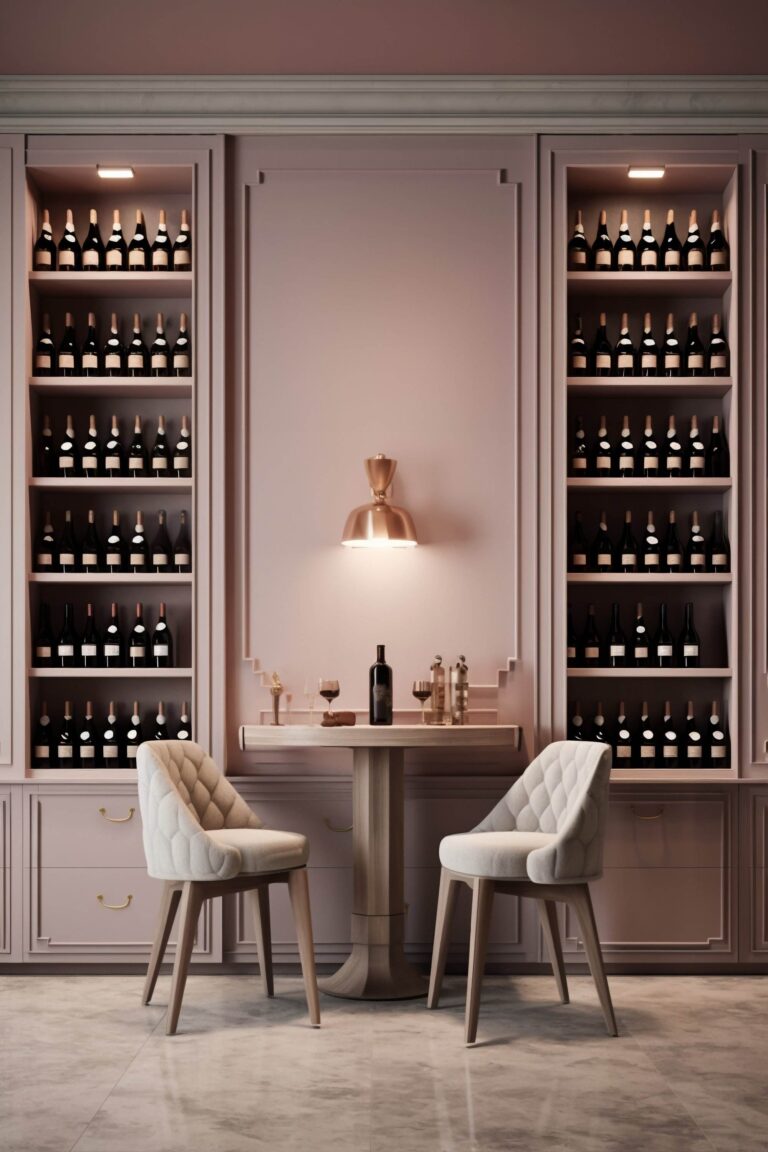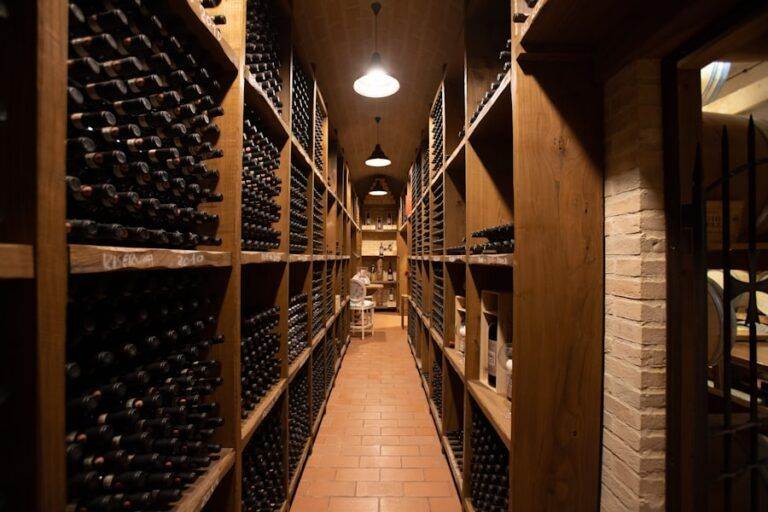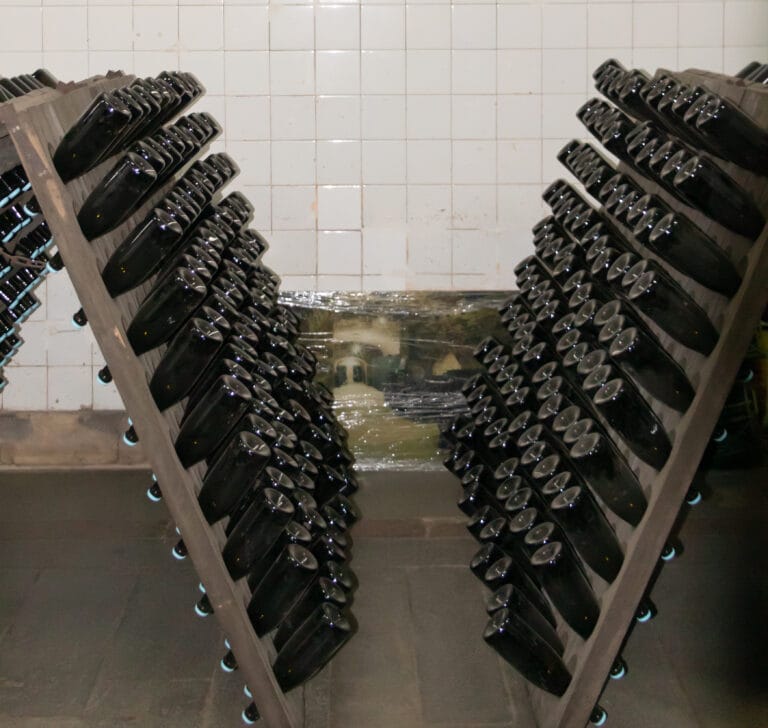Wine Fridge vs. Wine Cellar: Which Is Right for You?
Introduction
Proper wine storage is a crucial aspect of preserving the quality and flavor of your wine collection. As wine enthusiasts, we often face the dilemma of choosing between a wine fridge and a wine cellar as the primary storage solution. Both options offer unique advantages and considerations, and the decision ultimately depends on various factors, including the size of your collection, available space, and your budget.
The importance of maintaining the optimal storage conditions for your wines cannot be overstated. Exposure to fluctuations in temperature, humidity, and light can significantly impact the wine’s aroma, flavor, and overall quality. Whether you’re a seasoned collector or a budding wine enthusiast, understanding the differences between a wine fridge and a wine cellar can help you make an informed decision that best suits your needs and ensures the longevity of your prized bottles.
In this comprehensive article, we will delve into the world of wine storage, exploring the key features, advantages, and considerations of both wine fridges and wine cellars. By the end of this journey, you’ll be equipped with the knowledge to make an informed decision that will safeguard the integrity of your wine collection and enhance your overall wine-drinking experience.
Understanding the Basics: Wine Fridge vs. Wine Cellar
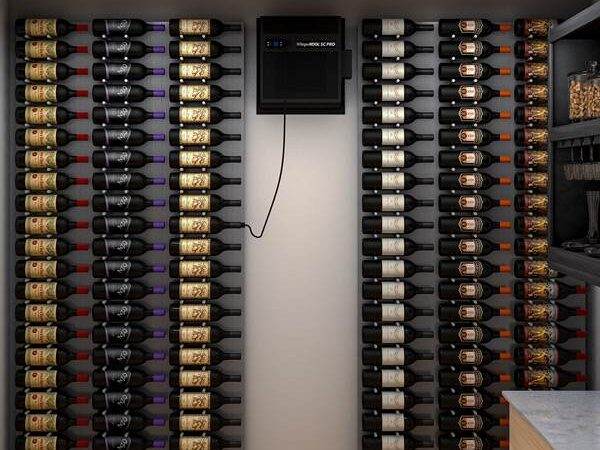
When it comes to wine storage, the two primary options are a wine fridge and a wine cellar. While both serve the purpose of preserving the quality of your wines, they differ in their design, features, and the overall approach to wine storage.
A wine fridge, also known as a wine cooler, is a compact, self-contained unit designed for countertop or under-counter placement. These units are specifically engineered to maintain consistent temperature and humidity levels, crucial for the proper storage of wine. Wine fridges typically offer a range of temperature settings, allowing you to adjust the environment to suit the specific needs of your collection. Their compact size and portability make them a popular choice for those with limited space or who want to store their wines in a more accessible location within their home.
On the other hand, a wine cellar is a dedicated, temperature-controlled room or space within a home or property. These specialized storage areas are designed to accommodate larger wine collections and provide the ideal conditions for long-term aging. Wine cellars offer the advantage of greater capacity, allowing you to store a more extensive collection while maintaining precise control over the temperature and humidity levels. The fixed nature of a wine cellar, however, means that it requires more significant upfront investment and planning to construct or renovate a dedicated space.
Understanding the key features and differences between a wine fridge and a wine cellar is essential in determining the best storage solution for your wine collection and personal preferences.
Temperature and Humidity Control: The Key to Proper Wine Storage
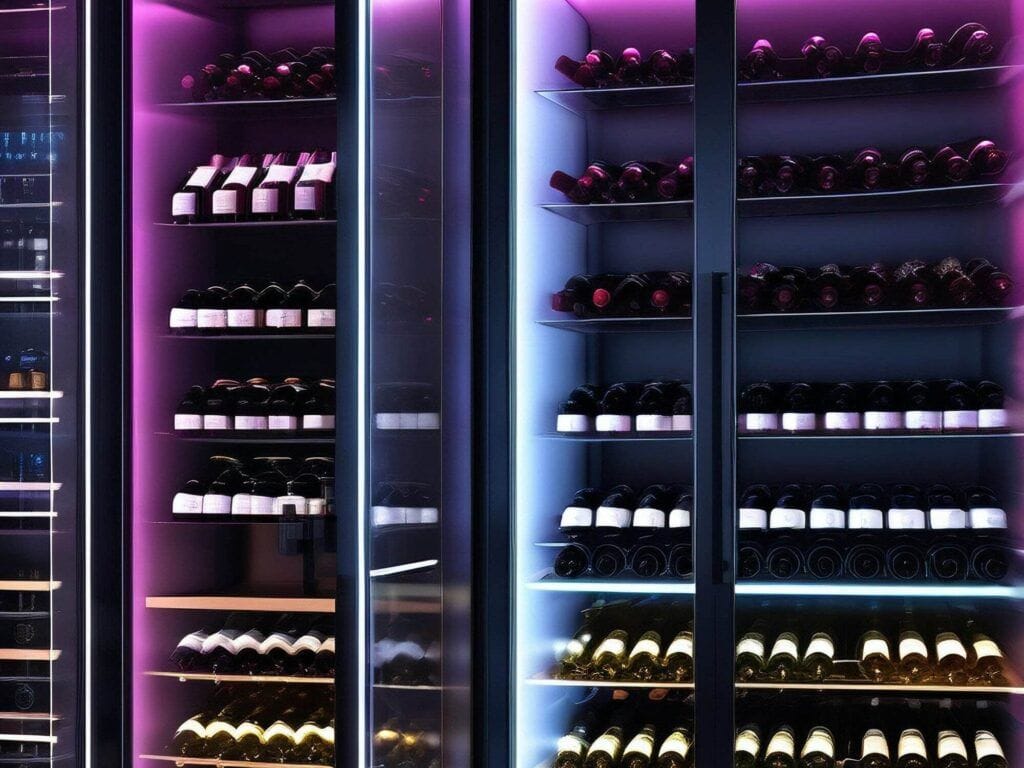
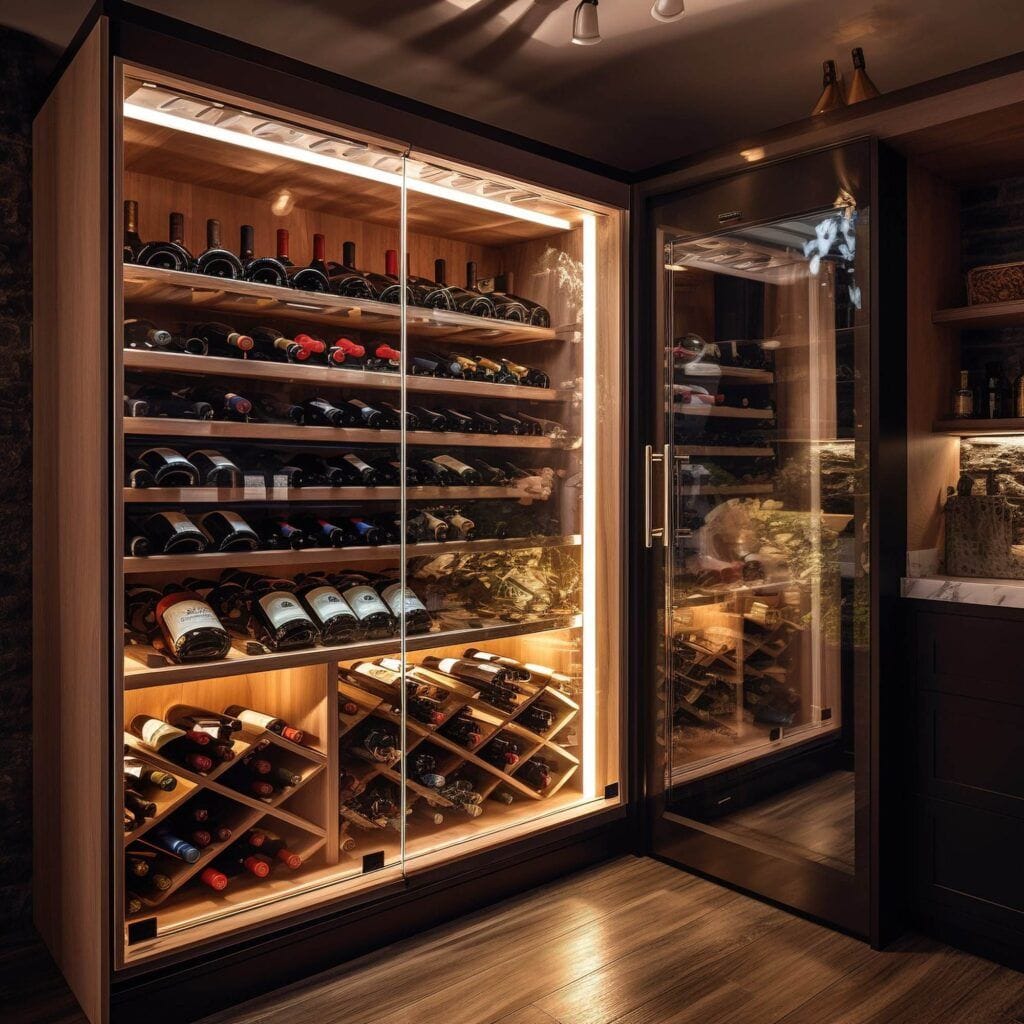
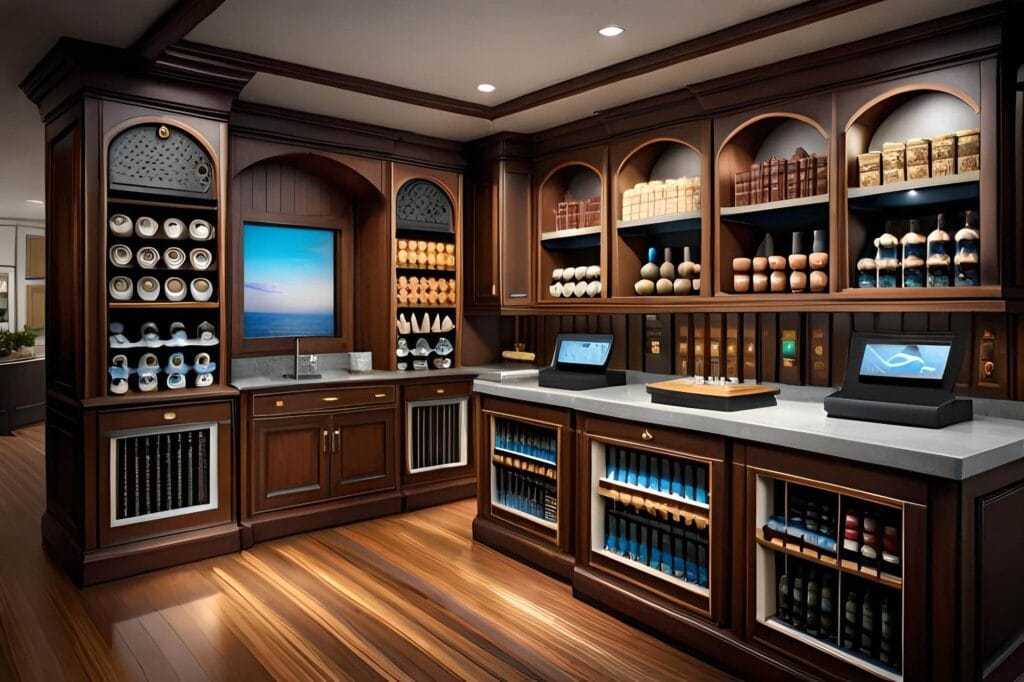
Maintaining the optimal temperature and humidity levels is the cornerstone of proper wine storage, regardless of whether you choose a wine fridge or a wine cellar. These environmental factors play a crucial role in preserving the quality and flavor of your wines.
The importance of consistent temperature control cannot be overstated. Fluctuations in temperature can have a detrimental impact on the wine’s aroma, flavor, and overall integrity. Exposure to extreme heat can cause the wine to age prematurely, leading to the loss of delicate flavors and aromas. Conversely, exposure to cold temperatures can cause the wine to become dull and flat. Consistent temperature control, typically within the range of 55°F to 65°F, is essential for ensuring the long-term preservation of your wine collection.
Humidity levels also play a vital role in wine storage. Ideal humidity levels, typically between 60% and 70%, help prevent the drying of the cork, which can lead to oxidation and the premature aging of the wine. Excessive humidity can also cause mold and mildew growth, while low humidity can cause the cork to dry out and allow air to enter the bottle, compromising the wine’s quality.
The key difference between wine fridges and wine cellars lies in their approach to humidity control. Wine fridges often rely on built-in humidity control systems to maintain the optimal humidity levels, while wine cellars typically require a more hands-on approach, such as the use of humidifiers or dehumidifiers, to regulate the humidity within the dedicated storage space. Understanding these nuances can help you determine the storage solution that best suits your needs and the specific requirements of your wine collection.
Space Considerations: Choosing the Right Option for Your Collection
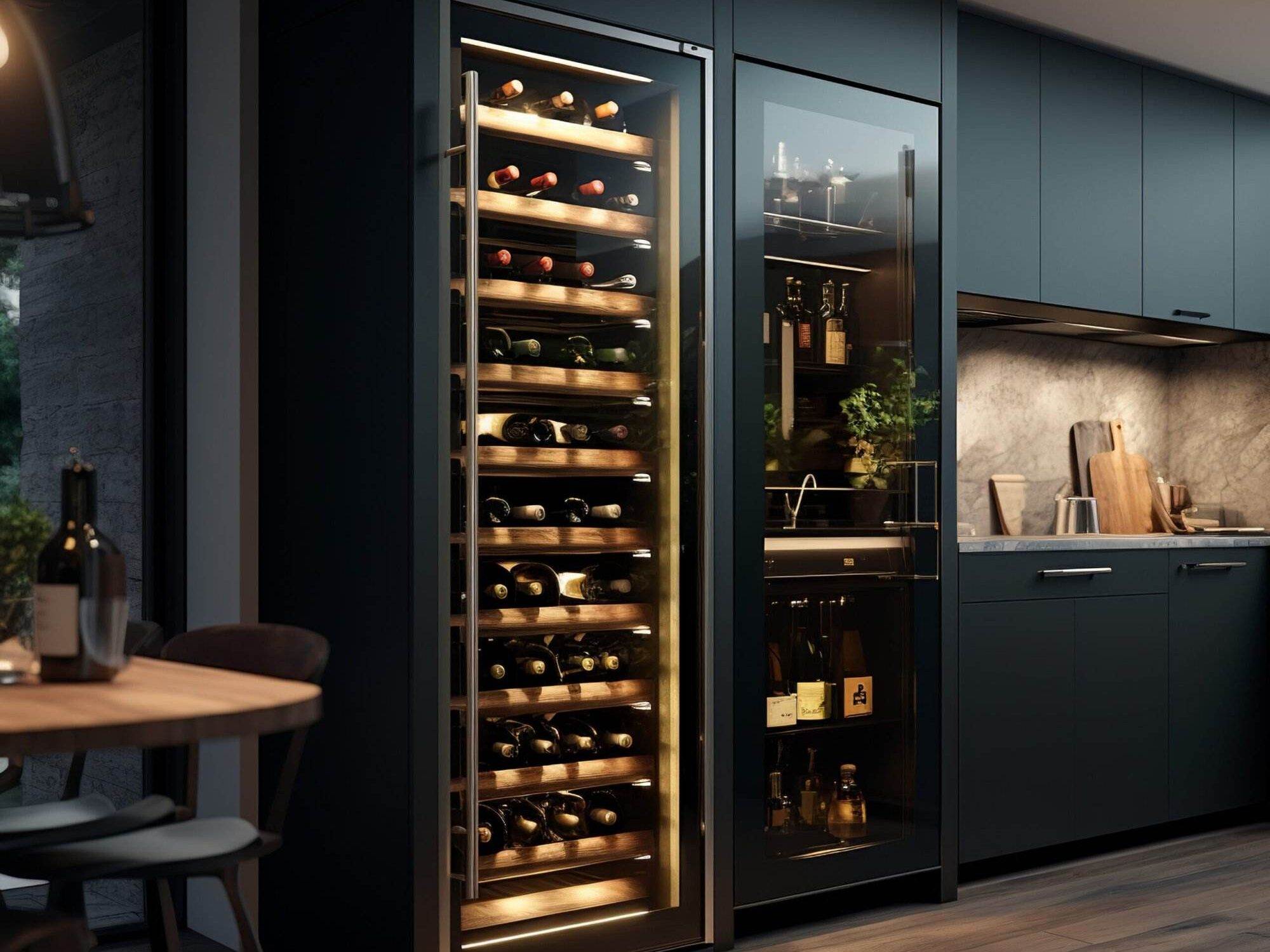
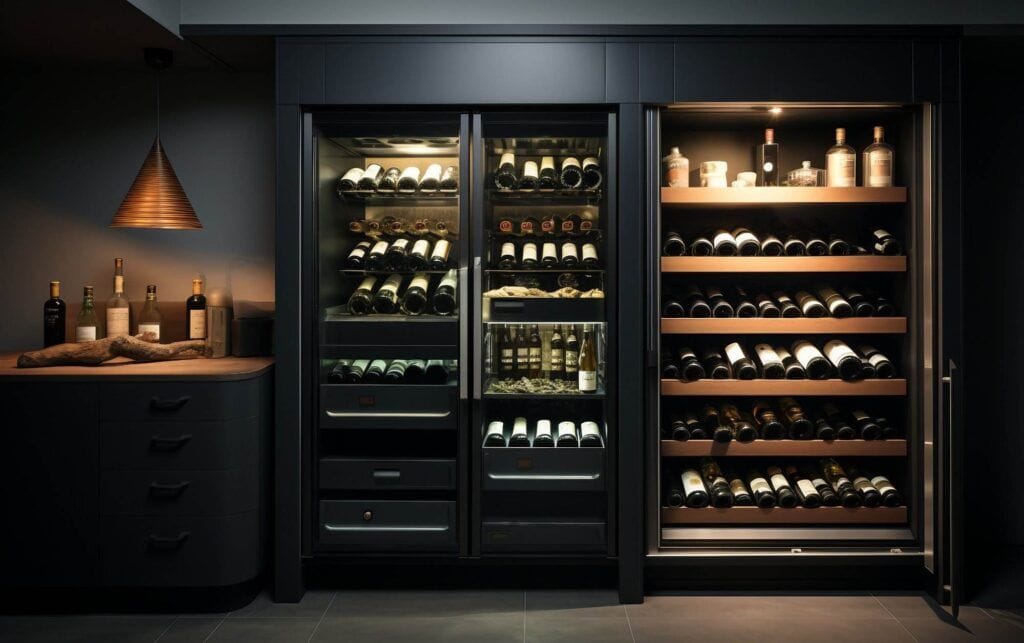
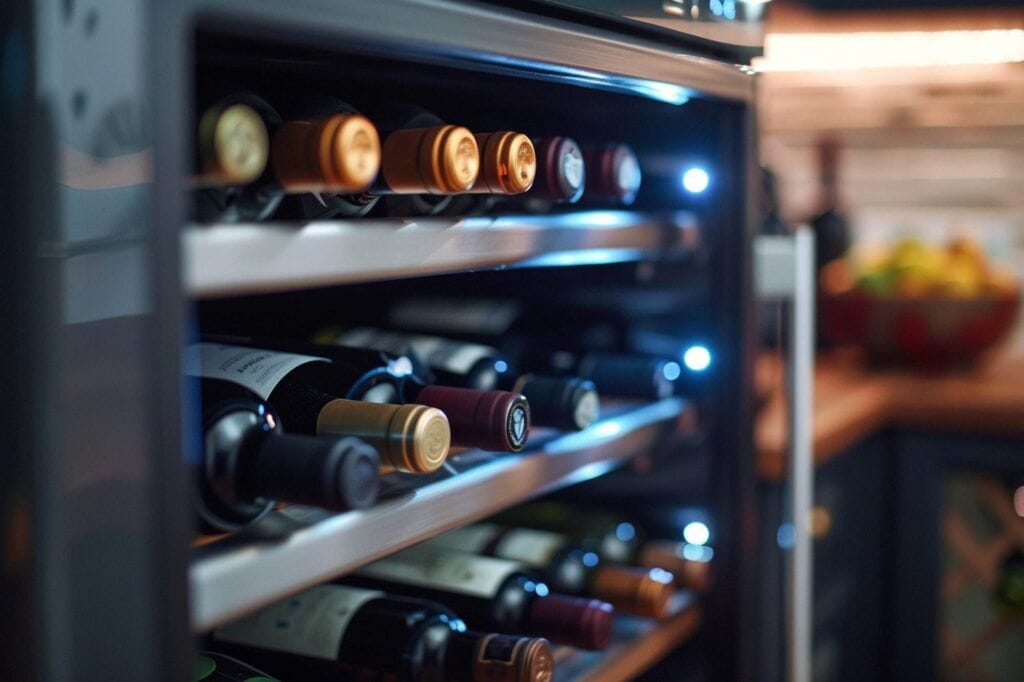

When it comes to wine storage, the available space in your home or property is a crucial factor to consider. Evaluating the size and capacity requirements of your wine collection is the first step in determining the most suitable storage solution.
For those with limited space, a wine fridge may be the more practical choice. These compact, self-contained units can be easily accommodated on a countertop or tucked away under the counter, making them an ideal solution for smaller living spaces or for those who want to store their wines in a more accessible location within their home. Wine fridges come in a range of sizes, allowing you to choose a model that can comfortably accommodate your current collection and potentially accommodate future growth.
On the other hand, if you have a larger wine collection or aspire to expand it over time, a wine cellar may be the more suitable option. Dedicating a specific area within your home or property for a wine cellar allows you to create a customized storage solution that can accommodate a more extensive collection. Wine cellars offer greater capacity and the flexibility to adapt to your growing needs, but they require more significant upfront planning and investment to construct or renovate the dedicated storage space.
Ultimately, the decision between a wine fridge and a wine cellar should be based on a careful evaluation of the available space, the size of your current collection, and your plans for future growth. Considering the flexibility and scalability of each option can help you make an informed decision that will serve your wine storage needs both now and in the years to come.
Energy Efficiency and Cost Comparison: Weighing the Financial Factors
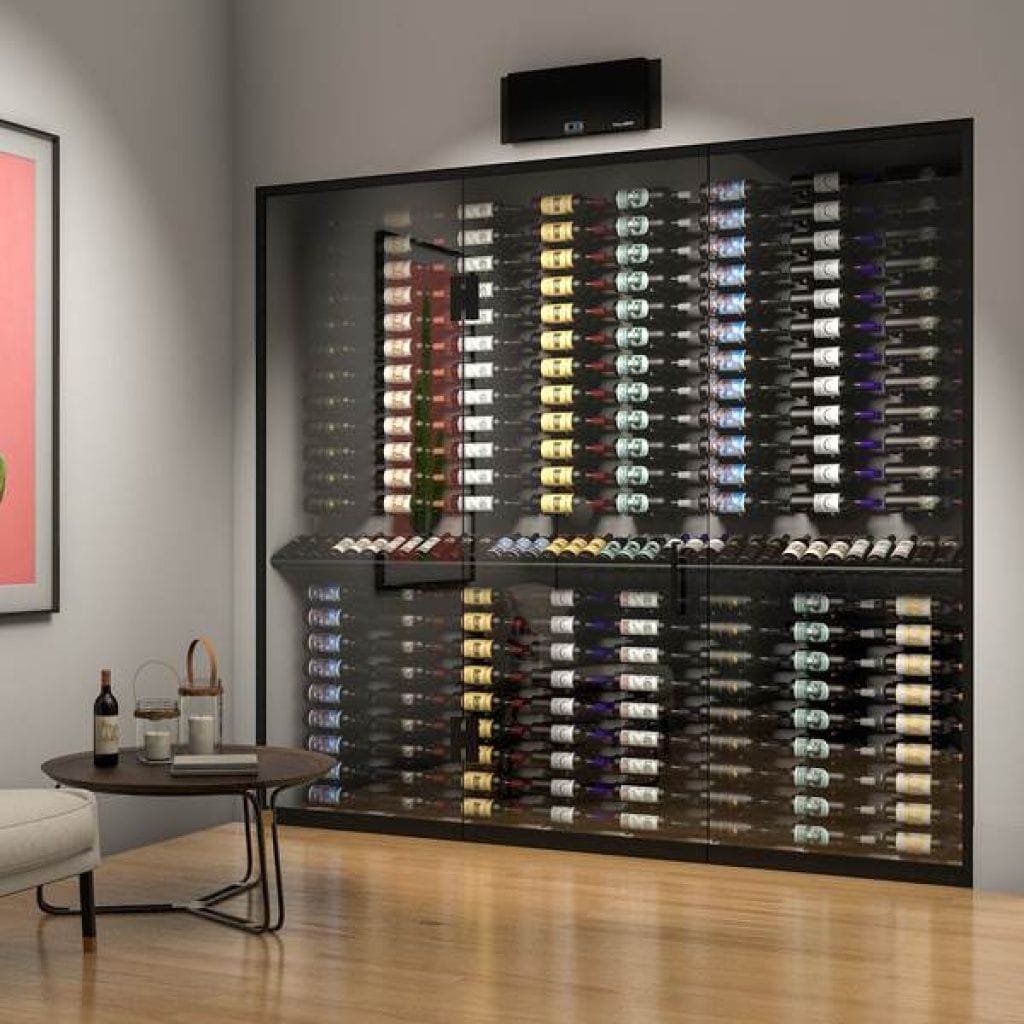
When it comes to wine storage, the financial considerations, including energy consumption and upfront costs, play a significant role in the decision-making process. Understanding the energy efficiency and cost implications of both wine fridges and wine cellars can help you make an informed choice that aligns with your budget and long-term investment goals.
Wine fridges, with their compact and self-contained design, typically have a lower energy consumption compared to the energy-intensive requirements of a dedicated wine cellar. Factors such as the size of the unit, the quality of insulation, and the efficiency of the compressor can all contribute to the energy usage and operating costs of a wine fridge. Monitoring the energy consumption and potential impact on utility bills can be an essential consideration for those concerned about the long-term operating expenses.
In contrast, the construction or renovation of a wine cellar often requires a more significant upfront investment. The costs associated with creating a dedicated, temperature-controlled storage space can be substantial, including the expenses for insulation, climate control systems, and any necessary construction or remodeling work. Additionally, the ongoing maintenance and energy costs required to maintain the optimal temperature and humidity levels in a wine cellar can be higher than those of a wine fridge.
When evaluating the financial factors, it’s important to consider not only the initial investment but also the long-term operating costs and the potential impact on your overall budget. Carefully weighing the energy efficiency and cost implications of both wine fridges and wine cellars can help you make a decision that aligns with your financial goals and ensures the preservation of your wine collection for years to come.


